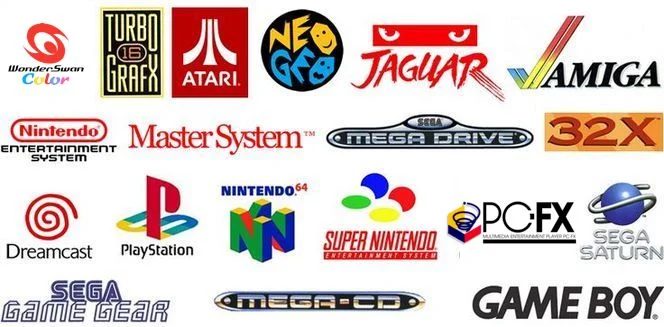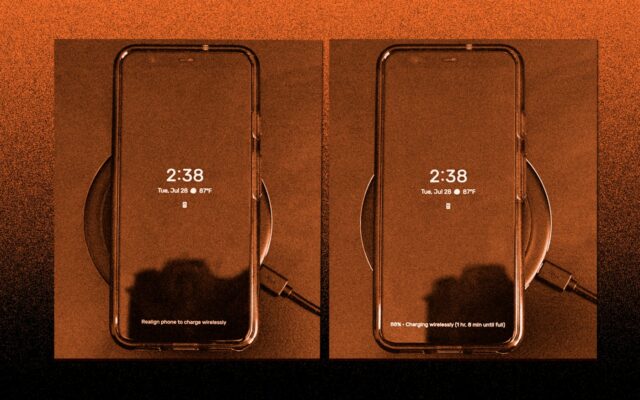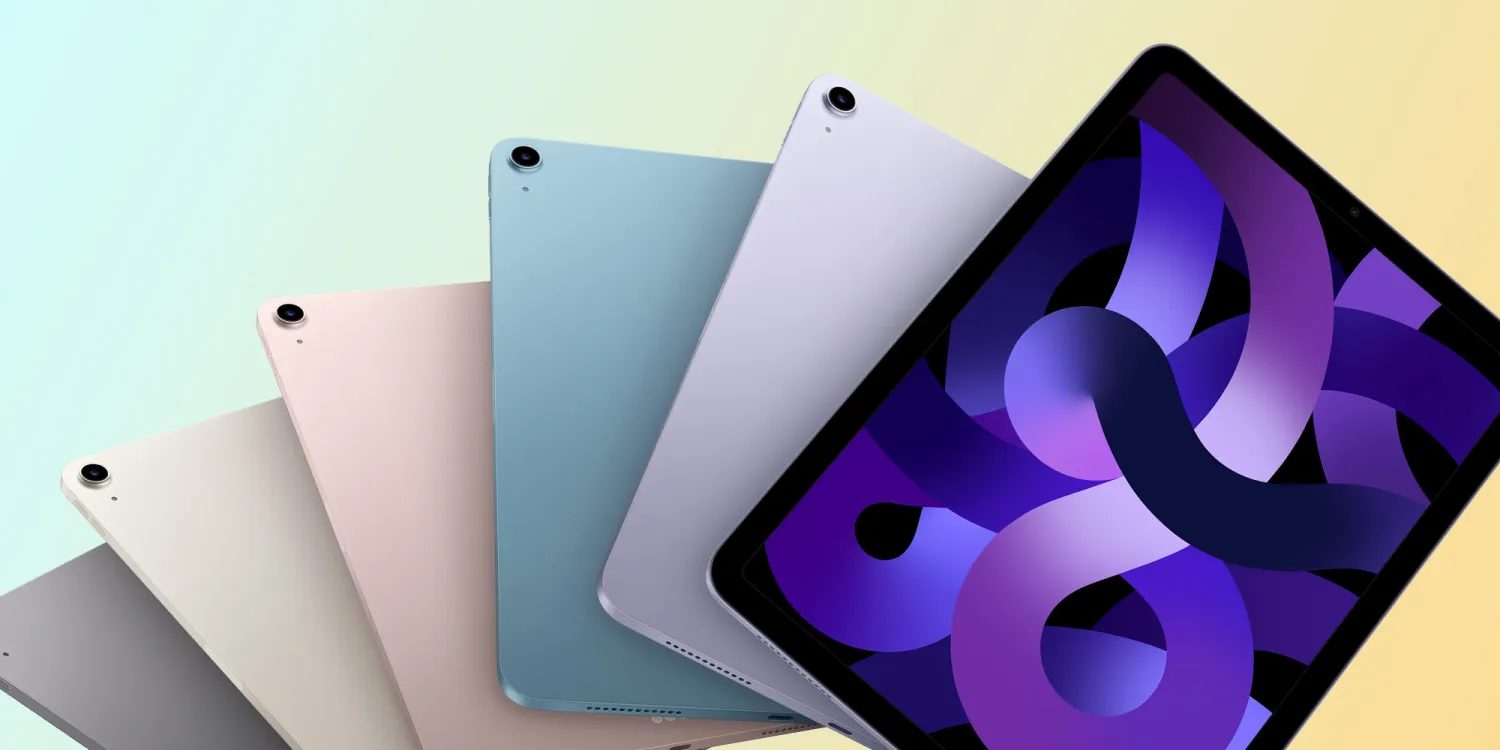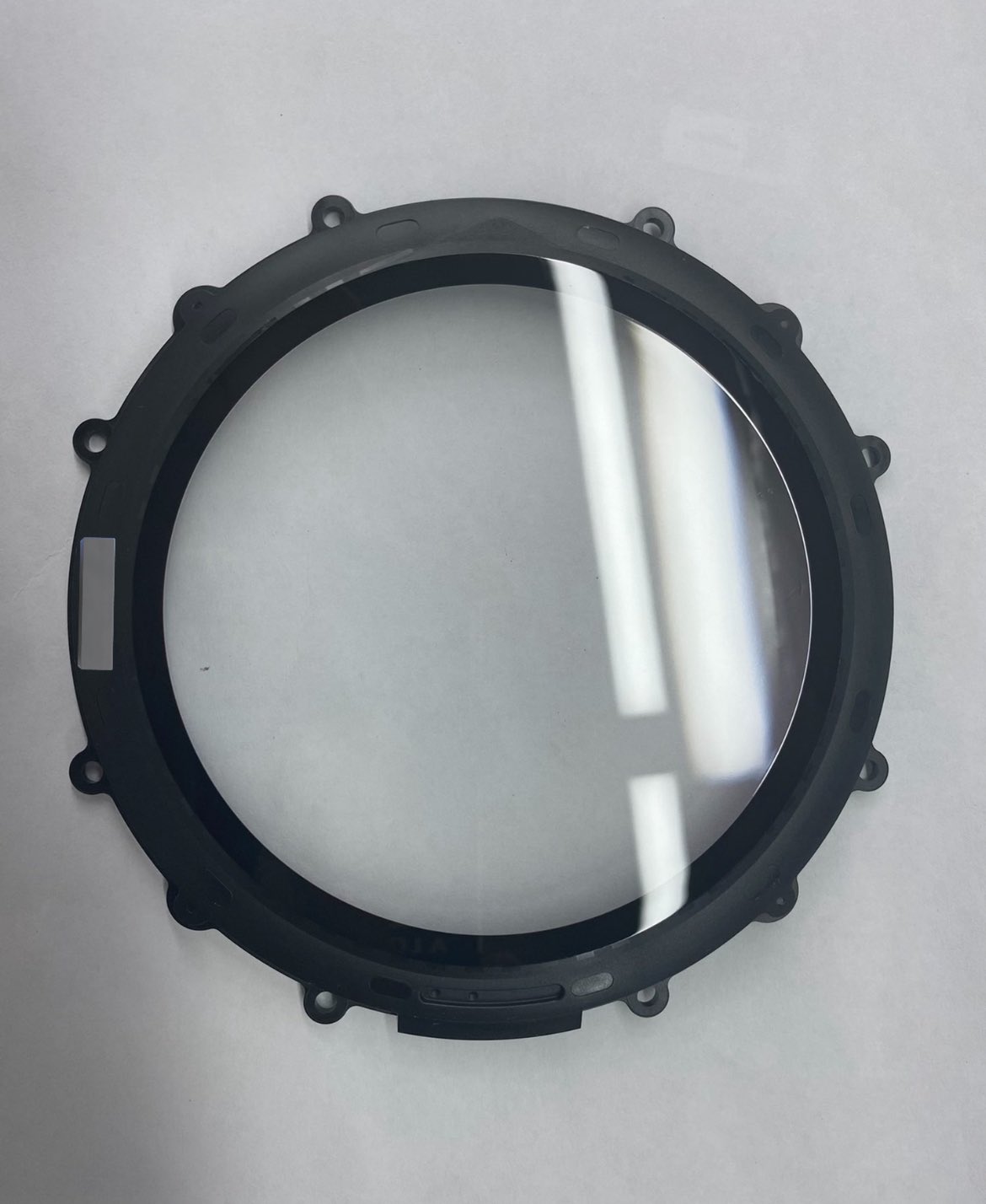
Wireless Charging Drastically Less Efficient Than Charging With a Cord: REPORT
Modern flagship smartphones are increasingly turning to wireless charging as a handy alternative to plugging in a physical cord to juice up. While the feature can be convenient, efficiency will need to be addressed before wired chargers become obsolete.

OneZero
“According to new calculations from OneZero and iFixit,” writes OneZero‘s Eric Ravenscraft, “wireless charging is drastically less efficient than charging with a cord, so much so that the widespread adoption of this technology could necessitate the construction of dozens of new power plants around the world.”
Even with wired charging, not all the energy that the chargers pull from the wall socket is passed onto the phone’s battery. Some energy is lost in the conversion process which comes out as heat. However, wired charging has become incredibly efficient and currently has an efficiency rate of over 95 percent. With wireless charging though, the efficiency is notably worse and as low as 47 percent in some cases.
“In my tests, I found that wireless charging used, on average, around 47% more power than a cable,” Ravenscraft writes. “Charging the phone from completely dead to 100% using a cable took an average of 14.26 watt-hours (Wh). Using a wireless charger took, on average, 21.01 Wh.”
Power consumption increased even further when the phone wasn’t perfectly aligned on the charger.
Results were a little better with Google’s Pixel Stand charger, as it eliminates the possibility of vertically misaligning the phone during charging. In testing, the Pixel 4 consumed an average of 19.8 Wh. Still, that’s nearly 39 percent more power versus using a charging cable.
As is the case with most of these things, the cost to the user is small, maybe a few bucks a year for people who have a couple of chargers at home. But scale that up to millions, or billions, or wireless chargers, all sucking 50 to 100 percent more power than their cabled counterparts, and the problem is huge.
iFixit technical writer Arthur Shi did some calculations and worked out that it takes roughly 73 coal power plants churning out smoke for a day to charge 3.5 billion smartphone batteries from zero to 100 percent once. If wireless charging slashes the efficiencies to 50 percent, that number doubles.
As more and more devices adopt wireless charging, the technology behind it should also mature which should lead to the entire process becoming more efficient.

